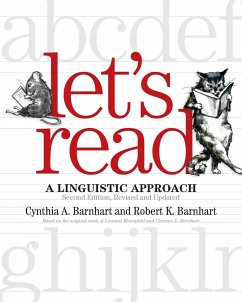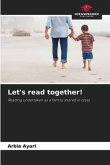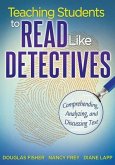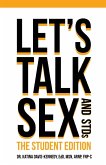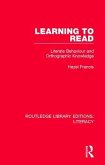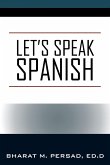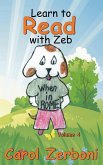Originally published in 1961, Let's Read is a simple and systematic way to teach basic reading. Developed by noted linguist Leonard Bloomfield, the book is based on the alphabetic spelling patterns of English. Bloomfield offered an antidote to the idea that English is a difficult language to learn to read by teaching the learner to decode the phonemic sound-letter correlations of the language in a sequential, logical progression of lessons based on its spelling patterns. The learner is first introduced to the most consistent (alphabetic) vocabulary and then to increasingly less alphabetic and less frequent spelling patterns within a vocabulary of about 5,000 words. The second edition of Let's Read brings Bloomfield's innovative program into the twenty-first century without changing the sequence of exercises but with revised text and an attractive new design and layout.

